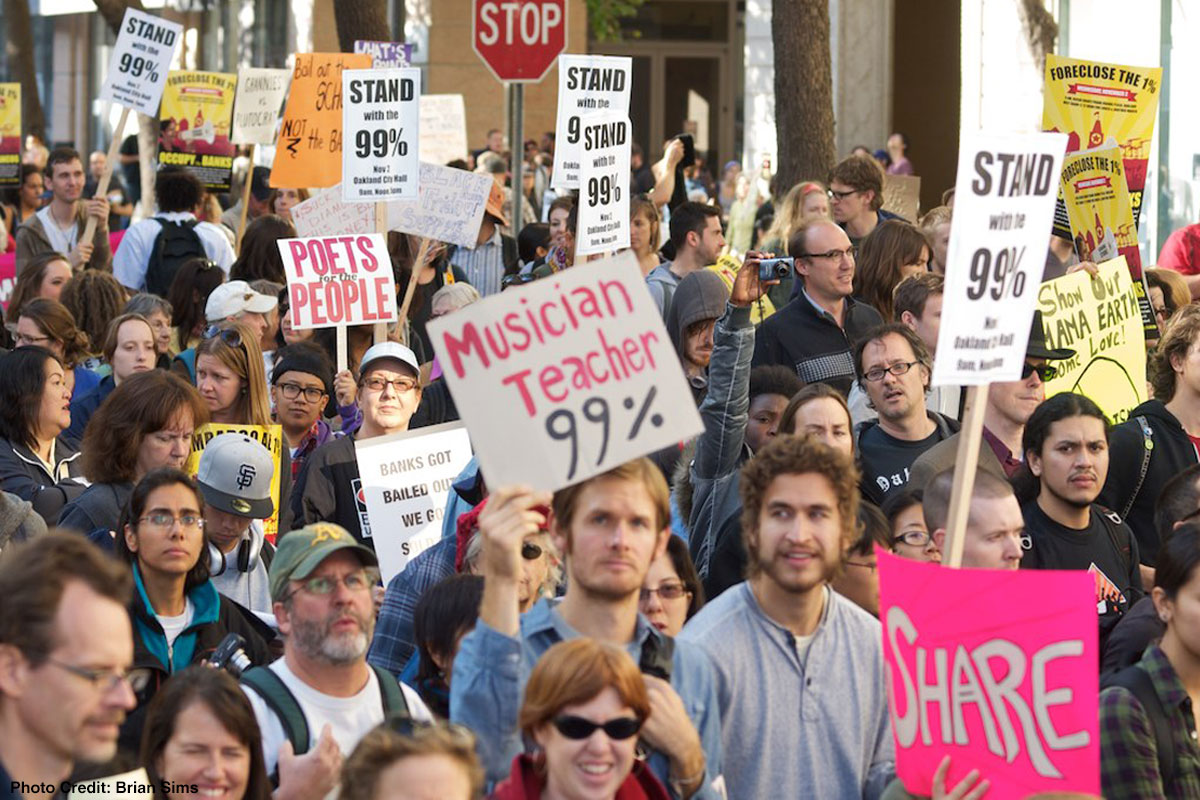
First Step: Ending Poverty as We Know It
A generation of Americans has come of age since Dollar Bill Clinton ended “welfare as we know it,” purging the public assistance rolls of tens of thousands of families and reducing dramatically the monthly cash payments for those who continued to collect it. This, the mostly white and male intelligentsia proclaimed, would arrest the culture of dependency that impoverished the urban underclass, both materially and spiritually.
As a young reporter, I covered the last days of the system known as Aid to Families with Dependent Children, which was modeled on a patchwork of state-managed pension programs for widows that began in the years before World War I. And I can attest to the fact that AFDC was indeed a monstrous policy: degrading, dehumanizing and insufficient by a factor of 10. But what is also crystal-clear 21 years after AFDC’s repeal, is that poverty, particularly for the urban underclass, is worse than ever, and neither welfare nor the women demonized for receiving it, were to blame for their immiseration.
It does not speak well of my maturity to mention this but remember the schoolyard taunt –the smeller’s the feller– that pointed an accusing finger at the boy who first identified the unmistakable odor of a nasty fart? Well, the same applies to those who identify the malodorous nature of even the most meager welfare state. When it comes to the stink of moral decay in our public affairs, monopoly capital and its spokesman are the real culprits.
By virtually any existential or material measure–income, wealth, educational outcomes, marriage rates, housing, nutrition, access to transportation, and health–the poor are significantly worse off than they were before 1996. I have not seen any studies but my guess is that even child-support collections have fallen off since the mid-90s, if only because deadbeat dads are earning less, if they are employed at all.
And yet our lawmakers, the media, and the academy are practically mute on the subject of Temporary Aid to Needy Families, and how to fix this broken arrangement.
If we are to be saved–or better yet, if we are to save ourselves–then single-payer, universal health care must be the lynchpin of any programmatic effort to move towards 21st-century socialism. But very high on the people’s “to do” list should be the implementation of a Guaranteed Minimum Income or Negative Income Tax, modeled, believe it or not, on what one Richard Milhous Nixon proposed nearly five decades ago.
Likely the only idea that Martin Luther King Jr. and Nixon ever agreed on, the Guaranteed Minimum Income fell short of Congressional approval but ultimately produced the Earned Income Tax Credit, which has proven to be one of the most effective poverty-fighting programs in history. A nationwide minimum income would work similarly. Every month, the treasury would deposit the cash benefit into the bank account of every taxpayer in the country, then claw it back, as needed, at tax time, from earners whose reported income exceeded the threshold in their region.
A Guaranteed Minimum Income would even address the reactionary trope that government assistance induces moral hazard and discourages work. As a taxpayer’s income rises, the subsidy would be reduced in increments, ensuring that the more you work, the more you earn.
Versions of a basic income grant have been implemented in Finland and have been on the table for nearly 15 years in South Africa. It is a Keynesian tool to restore buying power in our hobbled demand economy and reverse the debt deflation that will inevitably produce a financial catastrophe. Moreover, a basic monthly income grant can help us develop a blueprint of priorities–akin to South Africa’s 1955 Freedom Charter–as we endeavor to remake our country, and deepen our civic dialogue about the kind of Republic we want, and who, in America, should get what?